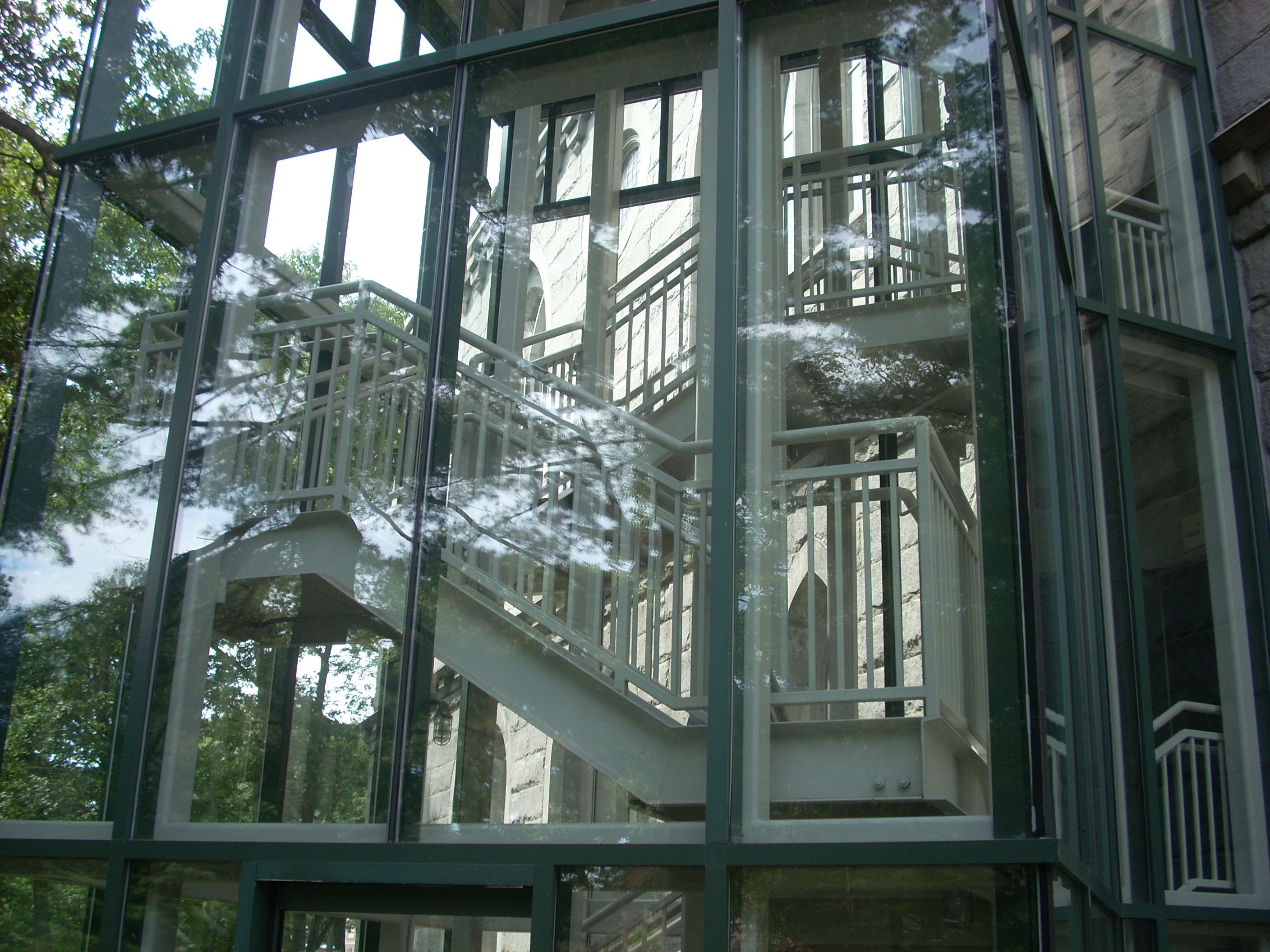
Unlike the old company towns, however, no one is being forced to buy from the company store. Much more subtle forms of coercion are applied. We demonstrate loyalty to the company by working long hours, which in turn require (for the sake of our sanity) the simplification of life away from work. We also find our identity and sense of meaning in life and purpose in the organization; and the all-embracing company town offers a constant reminder and reinforcement of the core identity and values being proffered by the organization.
What do these company towns tell us about the diffusion of boundaries in our emerging postmodern society? First, they tell us that the traditional distinctions between work and home are crumbling. Thanks to computers, faxes and cell phones we are bringing our work home now. Thanks to the company towns, we are also bringing our home into the workplace. There is a second implication that may be of even greater importance: our workplace is becom¬ing our new neighborhood. We find our friends at work rather than on the block where we live. We don’t invite people to our home or even out for dinner. We now invite them to walk down the hall with us to the company restaurant.
New life style enclaves (to use Robert Bellah’s term) are created. The company may host clubs for the lovers of chess or genealogy. Informal meetings are held inside the organization for gardening or model airplane enthusiasts. Weekend tennis, karate, scuba diving or X-game programs might be sponsored by the company. It might even support the participation of employees (during work hours) in charitable activities. The company becomes the setting for many extracurricular activities: we might even court and fall in love with our co-workers-a dangerous proposition given the potential for charges of sexual harassment.
The third implication may be even more disturbing. Work is now becoming the place where we find our own identity and sense of self-worth. One can live and breathe the organization without ever having to confront alternative realities or competing senses of self. We have both coached executives who behaved like compulsive workaholics, unable (even when their career and work conditions allowed it) to tear themselves away from the office or the computer. Sadly, deeper conversations often revealed how much more complicated and emotionally unpredictable life outside the office felt to them, and how scary. Do we stay at the office to avoid facing an unhealthy relationship, an aging parent or an exasperating ADHD child? Or is it because we spend so much time working (i.e. problem-solving) that we feel unable to handle the more subtle and patient interactions required outside the company town, especially when they won’t yield (as work can) immediate visible “success”? The company town comes to our apparent rescue. It offers everything for the new knowledge worker (at a rather substantial though subtle price). The organization in which we work has become our community of reference and the place many of us most want to be.







